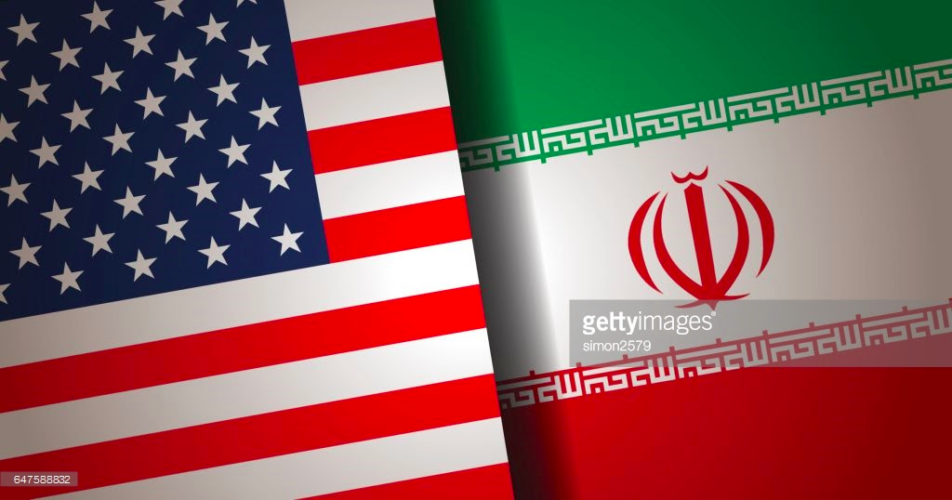By Adam Steinberg
One year ago this month, at the American Israel Public Affairs Committee (AIPAC) policy conference, candidate Donald Trump pledged that he would “tear up the Iran deal†if he were elected President. This was a direct challenge to the Obama administration’s singular diplomatic achievement: signing the Joint Comprehensive Plan of Action (JCPOA) between the US, our allies and Iran. Recently, sitting President Trump seems to have changed his tune. As Reuters reported earlier this month, he committed to showing “great strictness†in making sure Iran abides by the agreement. Why the sudden shift? This has most likely occurred because he now has access to intelligence that proves the JCPOA is in fact achieving its intended goal: permanently preventing Iran from developing a nuclear weapon.
The JCPOA requires Iran to completely dismantle its military nuclear program by eliminating substantial stockpiles of all substances and technology that can be used for building nuclear weapons. To monitor compliance, the JCPOA has created the most comprehensive and intrusive nuclear inspection regime in history. Independent inspectors from the International Atomic Energy Agency – the United Nations’ nuclear watchdog – are granted access to all nuclear enrichment facilities 24 hours-a-day, 7 days-a-week, 365 days-a-year. And just last month, the agency reported that over a year in, Iran is holding its end of the bargain.
Iran only came to the negotiation table after years of US-led international sanctions. The goal of this historic sanctions regime was always to encourage negotiations. Mission accomplished. These sanctions crippled Iran’s economy and isolated its people from the rest of the world. In exchange for dismantling its program, Iran gets some relief. Critics, including Trump, have claimed that the limited lifting of sanctions triggered by the deal rewards Iran for other bad behavior. This is untrue. Iran still faces international condemnation and US sanctions for its human rights abuses. In addition, if Iran starts rebuilding its nuclear program, all sanctions will kick back in.
Some of the strongest opposition to this deal came from Israeli Prime Minister Benjamin Netanyahu who called it a “historic mistake.†Trump repeatedly claimed that the Iran deal would “destroy Israel.†Israelis have a right to distrust Iran. The country’s’ leaders back neighboring regimes that are oppositional to Israel and can often be heard vowing to “wipe Israel off the map.†But despite Netanyahu’s and Trump’s political rhetoric, Israel’s security establishment considers the deal settled business. In January 2016, Lieutenant General Gadi Eizenko, commander of the Israeli Defence Forces, publicly praised the deal and stated: “Without a doubt the nuclear deal between Iran and the West is a historic turning point. It is a big change in terms of the direction that Iran was headed, and in the way that we saw things.†The head of Israel’s largest military branch has joined many officials from Israel’s military and intelligence establishment in praising the effectiveness of this deal in preventing a nuclear Iran.
Many hawks claimed that US military intervention could have completely destroyed any nuclear program. However, American and Israeli intelligence assessments have predicted that any military strike would have only set it back by 2 to 4 years, driven facilities more underground and caused the Iranians to dig in their heels. On the other hand, the deal actually sets back Iran’s capabilities by 10 to 15 years and brings all facilities into the light of day.
Trump’s campaign pledge to “tear up†the accords implied that there was a better deal to be had. Some critics argue that there is nothing stopping Iran from rebuilding the program in 10 to 15 years. This is simply not true. It actually sets up permanent inspection mechanisms by which Iran will always be held accountable. In addition, Iranian Prime Minister Hassan Rouhani took an extreme political risk in signing these accords. The lifting of sanctions is a big win for Iran’s moderate camp, which he represents. If this deal were broken by the US, it is unlikely that the Iranian people – nor the extremist clerics who hold veto power over elected politicians – will support any new negotiations. Instead, Iran would more than likely double down on its ambitions to build a bomb.
The Iran deal is now widely recognized for its success. It is has made the world safer. That is why we no longer hear talk of “ripping it up.†But there are still many politicians and advocacy groups who are fundamentally against any deal with Iran. In this new Congress, there will likely be attempts to introduce poison-pill legislation through the back door, whose purpose is to undermine the deal. The President, Congressional leadership and all Americans who have no interest in drawing the US into another unnecessary war, must prevent any such legislation from getting to the President’s desk.




